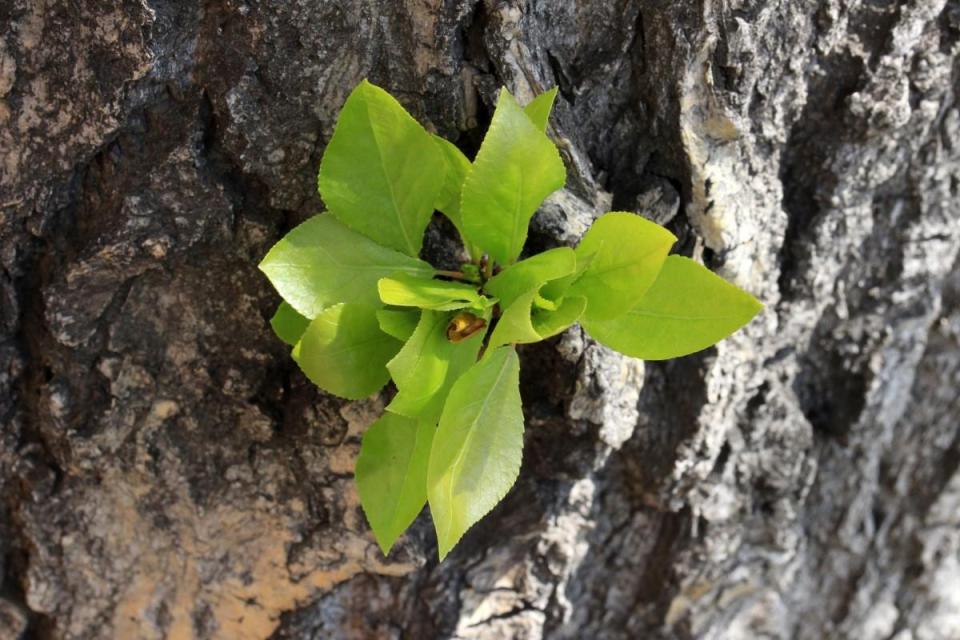From the Gospel: Planting a tender shoot
Old models of human-spiritual formation have to be replaced by new, suitable and efficacious contemporary paradigms

11th Sunday in ordinary time. Today’s readings: Ezekiel 17:22-24; Psalm 92:2-15; 2 Corinthians 5:6-10; Mark 4:26-34
In L’Albero della vita (2025), Amedeo Cencini, a Canossian priest and psychotherapist specialising in ongoing formation and psychological issues in priestly and religious life, takes the universal archetype of the tree of life, applying it as a new paradigm for the formation of priests and religious.
Cencini’s publications and studies are bestselling classics in the area of psycho-spiritual formation. He has been a catalyst in stimulating dialogue between psychology and theology in an attempt to discover how the psychological theoretical framework can enrich theology in its own formulation and not stopping at being used merely in terms of pastoral implementation when dealing with disorders or pathological issues.
He points out that both psychology and theology in all their dimensions are both concerned with freedom, healing and health/salvation (salus). What’s intuitive in the proposed perspectives and theoretical frameworks is that the principles applied to formation of priests and religious are equally valid in the formation of the fundamental Christian vocation.
Cencini takes up the tree of life image as being symbolic of personal and collective identity, of continuity, growth, expansion and permanence. A tree grows slowly but steadily and, through its adaptive potential, it endures seasons, its bark peels to allow expansion, it sheds old leaves and branches to make room for new shoots to spring forth.
He shows how old models of human-spiritual formation have necessarily to be reshaped and perhaps also abandoned, making room for new, suitable and efficacious contemporary paradigms. Models of perfection, observance and conformity, self-realisation and self-acceptance can be reshaped into a more integrative framework that includes memory formation (affective, rational, spiritual), the capacity to integrate the past, as well as the ability to act and respond (i.e. taking responsibility), fulfilling the core of human existence. On the theological plane this includes “the recapitulation of everything in Christ” (Eph 1:10). This model, Cencini claims, leads to the embrace of one’s truth, while gradually processing towards creative self-transfiguration or reshaping.
If we sow and invest in that which is good, we will reap good produce, and will “dwell” like birds “in the shade” of the matured mustard tree
In the reading from Ezekiel 17, the Lord vows to his people: “I, too, will take from the crest of the cedar, from its topmost branches tear off a tender shoot, and plant it on a high and lofty mountain [...]. It shall put forth branches and bear fruit, and become a majestic cedar.”
This parable counteracts a previous allegory about a majestic and powerful eagle who “took hold of the top of a cedar, he broke off its topmost shoot and carried it away to a land of merchants, where he planted it in a city of traders”. Once there, this sapling withered and became rotten. The historical context is that of Jehoiachin, who ended up being deposed and taken in exile along his subjects by Nebuchadnezzar. The prophet interprets history in the light of unfaithfulness to God and the covenant, through wrong political choices.
While human pride, greed, thirst for power and unprincipled attempts to grow, expand and reach the heights – alas the breaking of the topmost shoot – lead to destruction and death, God’s salvific action – alas the pruning of the tender shoot – presages new life and reshapes the story of Israel, integrating its past failures, delivering it and leading it to well-being and salvation.
Christians in Corinth are reminded by the Apostle Paul to constantly be courageous in faith, to grow and mature in that which is good, aspiring to please the Lord until judgement day, when all will receive back the equivalent of their choices, their recompense. If we sow and invest in what is good, we will reap good produce, and “dwell” like birds “in the shade” of the mustard tree. The choice is ours, with the help of grace.